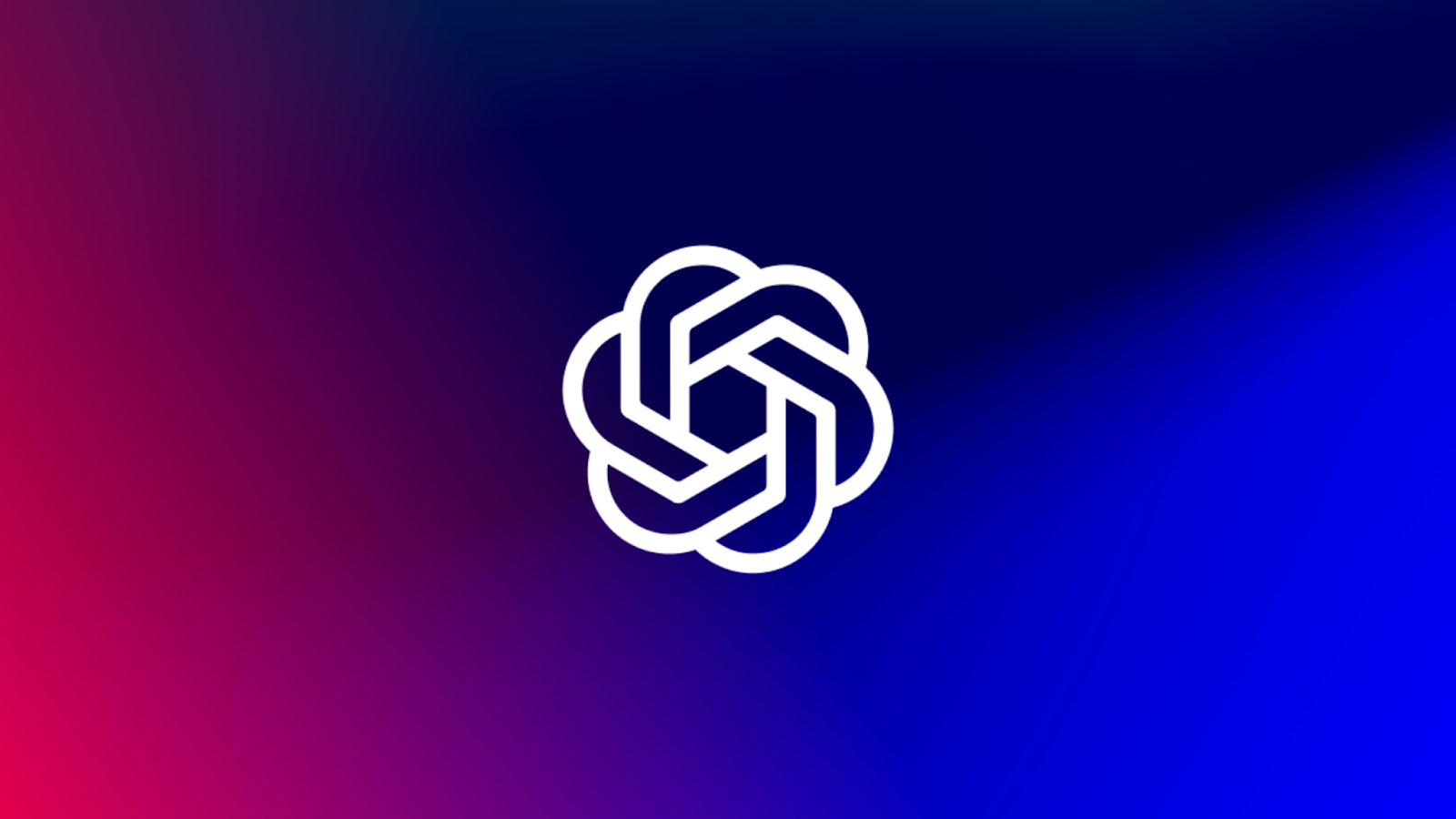Table of Contents
OpenAI Testing Watermarks for ChatGPT Free User Image Generation
OpenAI has begun testing a new watermarking system for images created using the free version of ChatGPT's popular image generation feature. According to AI researcher Tibor Blaho, who first spotted the development, the company is implementing an "ImageGen" watermark that would visibly mark images created by users of the free service.
This strategic move comes as ChatGPT's image generation capabilities have gained significant traction, particularly for creating artwork in recognizable styles like that of Studio Ghibli. The Japanese animation studio's distinctive aesthetic has become one of the most requested styles among users experimenting with ChatGPT's visual AI capabilities.
OpenAI initially restricted the image generation feature to paying subscribers through its ChatGPT Plus tier. However, the company recently expanded access to include free users as well, significantly broadening the tool's reach. The implementation of watermarks appears to be OpenAI's way of distinguishing between free and premium services while potentially addressing copyright and ownership concerns that have surrounded AI-generated imagery.
Sources familiar with the matter have confirmed that the watermarking system is currently in testing phases. ChatGPT Plus subscribers would reportedly maintain the ability to save and download images without watermarks, creating a clearer value proposition for the paid service.
The ImageGen model at the center of this development has been lauded as one of the most advanced multimodal AI systems publicly available. OpenAI previously explained the sophisticated approach behind the technology: "We trained our models on the joint distribution of online images and text, learning not just how images relate to language, but how they relate to each other." This comprehensive training has produced a system capable of generating visuals that are both aesthetically pleasing and contextually appropriate.
In addition to the consumer-facing implementation, OpenAI has confirmed work on an ImageGen API that would allow developers to integrate the technology into their own applications and services, potentially expanding the reach of this increasingly popular AI capability.
While the watermarking test is underway, industry observers note that OpenAI's plans remain flexible and subject to change based on user feedback and business considerations.
Found this article interesting? Keep visit thesecmaster.com, and our social media page on Facebook, LinkedIn, Twitter, Telegram, Tumblr, Medium, and Instagram and subscribe to receive tips like this.
You may also like these articles: Here are the 5 most contextually relevant blog posts:
Anthony Denis
Anthony Denis a Security News Reporter with a Bachelor's in Business Computer Application. Drawing from a decade of digital media marketing experience and two years of freelance writing, he brings technical expertise to cybersecurity journalism. His background in IT, content creation, and social media management enables him to deliver complex security topics with clarity and insight.
